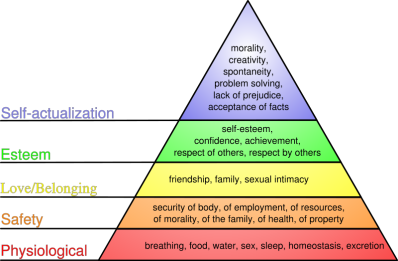I came across two separate items in the past 24 hours and I put them together to make a trend. (!) First, there's a new movie coming soon called "The Joneses" in which a faux family moves into an upscale neighborhood and is so cool that everyone wants to be like them -- which means having all the cool brands and new toys that they have. Of course they don't just happen to have these items, but in reality they are selling them and constantly evaluating how their actions are affecting their market share. Their neighbors see them as models and seek to imitate them, as in social learning. The trailer to The Joneses appears above -- and yes, I am delighted to hear David Duchovny say "I'm Steve Jones."
The other example was on the program Marketplace Money where host Tess Vigeland was discussing a YouTube trend called hauls -- young people (who all seem to be female, at least based on the examples) go out on a shopping spree, return home, create a video detailing their hauls and upload it for the world to see. Again, but this time in real life, some people see these young women as who they want to be and therefore want to buy the products to be like them. There are also more examples from a different NPR show earlier this month. (Is there something about NPR that hates conspicuous consumption? I'll leave that for you to decide.)
None of this is new of course (the "Be Like Mike" campaign of the '90s comes to mind as a prime example) but I wonder how long before marketers emulate "The Joneses" and co-opt the haul videos by paying young women to pimp their products. Or maybe they already do? Also, I wonder why the Marketplace Money story didn't ask the question I wanted to know the answer to: where is this money coming from to fund these hauls, and what do these girls' parents think about this?













































